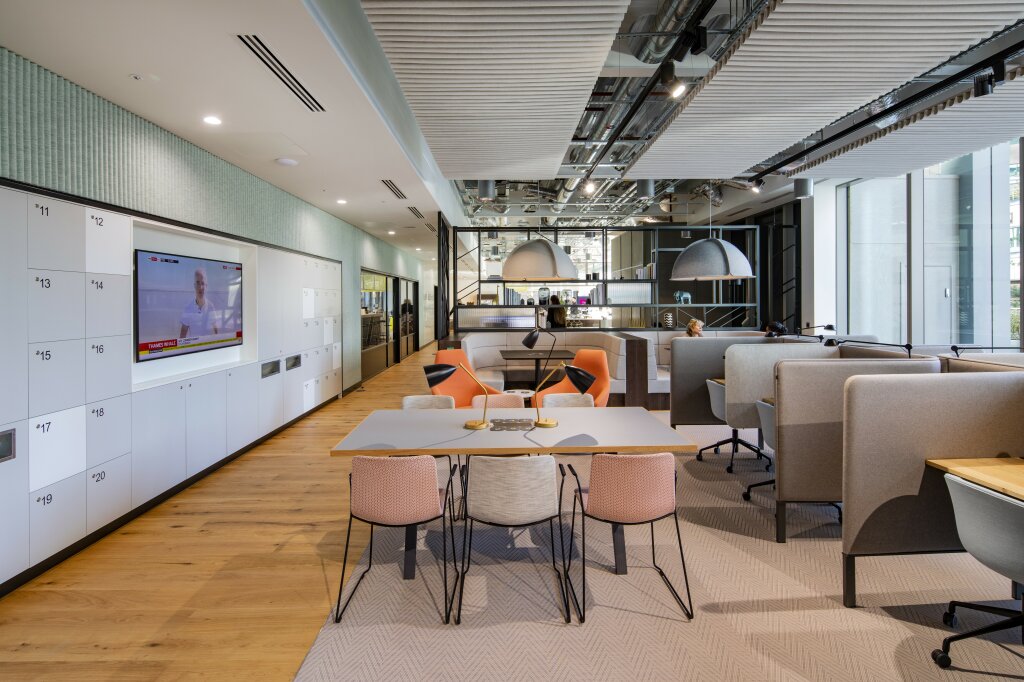Despite the recent, much-publicised problems of WeWork and some smaller providers, flexible workspace is booming.
According to the 2019 Global Coworking Survey, the number of co-working spaces worldwide grew by approximately a fifth in 2018 alone, and major player IWG recently reported a strong Q3 trading update. In London, home to one of the highest growth markets of flexible office space in the world, a new co-working space opens, on average, every five days. Occupancy rates are high and flexible space is here to stay.
Thanks to the success of both city centre offices from the likes of TOG and Spaces and out-of-town office and industrial offerings from the likes of BizSpace, flexible workspace has become mainstream. Rather than viewing serviced offices as secondary space, businesses are increasingly open to operating from buildings that provide high-quality serviced office operations.
As the flexible workspace market matures and diversifies, the market is becoming more competitive and we are seeing new players arrive, with hospitality brands the latest to jump on the co-working bandwagon. Convene, the US hospitality-focused flexible workspace and conference provider, recently took its first space in the City of London: a 100,000 sq ft operation combining conference space, flexible workspace and amenities. The brand is set to grow further with an ambitious expansion plan.
Meanwhile, hospitality operators such as private members’ club Soho House, modish hotel chain The Hoxton and Jamie Palumbo’s Ministry of Sound are all rolling out co-working spaces. For hospitality brands, moving into co-working is a natural transition. Whereas the property market was once all about quality of product and location, service and well-managed amenities are increasingly moving up the list of occupiers’ demands.
As experts in these areas, hospitality brands are well placed to meet this need. The number of branded residences – homes associated with or operated by luxury brands – has increased by 195% over the past decade, according to recent research from Savills. As living and working lives converge, branded workspaces could be a natural next step and a key differentiator in an increasingly competitive market.
Not a threat
For office operators, the meteoric rise of flexible workspaces might be considered a threat; in fact, developers and landlords should be embracing this trend.
In the past, securing a letting to a flexible office provider would have been less attractive than agreeing terms with a traditional occupier. Today, however, flexible workspace within a building is seen as an asset – something that adds value for tenants, who are increasingly on the hunt for spaces that support agile and collaborative working.
For instance, at The Colmore Building in Birmingham, we integrated the co-working space with the café to provide a dynamic, seamless and open space that sets the tone for the rest of the building.
Indeed, there is an opportunity for office developers to collaborate with hospitality or co-working providers, working together to offer a higher tier of branded service to all the occupiers of an office building, both flexible and traditional. This might involve managing the reception area and other communal spaces, organising a programme of events, offering access to high-end wellness rooms or introducing a distinct identity to buildings that might otherwise feel too corporate.
IWG’s growing international franchising programme is an indicator that partnership models could be key in this sector.
As the lines between our working lives and leisure time continue to blur, so does the distinction between what we expect from office and leisure space like hotels, members’ clubs, gyms and restaurants. Through collaboration, developers and hospitality or flexible workspace providers can bring hotel-quality service to offices, creating an offering that matches what forward-thinking occupiers are increasingly looking for.
Peter Ferrari is chief executive of AshbyCapital.
